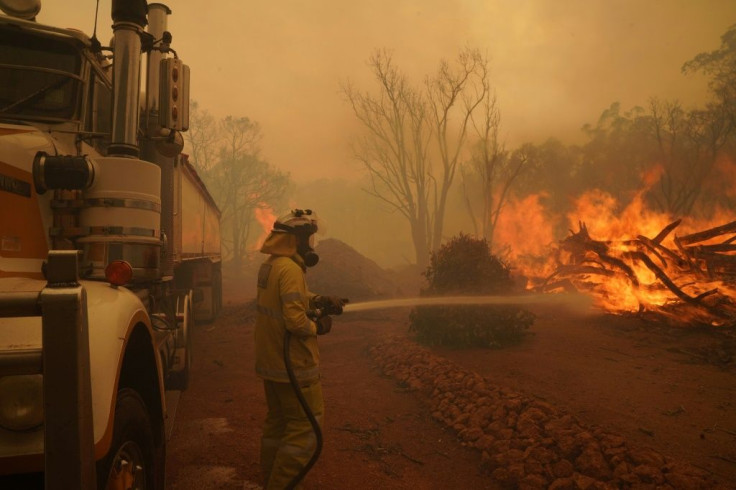Western Australia's Controlled Forest Burns Increase Bushfire Risk, Finds Research

Scientists claim that in southwestern Australia, state government agencies are raising the risk of bushfires, and their attempts to undermine studies on managed burning have further reinforced the results.
Contrary to official assertions, new assessments revealed that bush burning caused more harm and preserving older woods lowered the fire risk.
Teams from the Australian National University and the University of Western Australia participated in the study, which was directed by Curtin University Associate Professor Philip Zylstra and examined 55 years' worth of fire history data from Western Australia.
Their research, which was published in Environmental Research Letters, suggested that over time, controlled burning increases the danger of fire by encouraging the establishment of thick underbrushes.
Zylstra and his team suggested that forests should be allowed to mature, as this would lead to self-thinning due to competition among regrowth and less ground cover, with plants looking for more resources.
Meanwhile, the Department of Biodiversity, Conservation, and Attractions maintained that frequent burns every six years were necessary to reduce fuel loads and mitigate the hazard of bushfires, according to WAToday.
Zylstra had previously criticized the fire management strategies used by the Western Australian government, calling it an outdated method that was bad for the bushland and the local community.
The 2016 research titled "An examination of the potential efficacy of high-intensity fires for reversing woody encroachment in savannas" investigated how high-intensity fires can be used to stop woody encroachment across savannas. To evaluate vegetation changes, researchers employed LiDAR data and a variety of fire treatments. They discovered that frequent, intense fires decreased the amount of woody cover, but also caused tree loss.
Zylstra said that after taking the department's concerns into account, the re-analysis revealed more convincing findings.
"[Department] scientists argued that due to some areas of poor data quality, all records showing decreasing bushfire risk in [long-unburnt] forests should be removed," he said.
"Why? The data they were concerned about only covered 1.6 percent of the area. We removed that small area instead, re-ran the analysis, and the better data gave stronger evidence that burning the bush is a bad idea."
© Copyright 2025 IBTimes AU. All rights reserved.





















